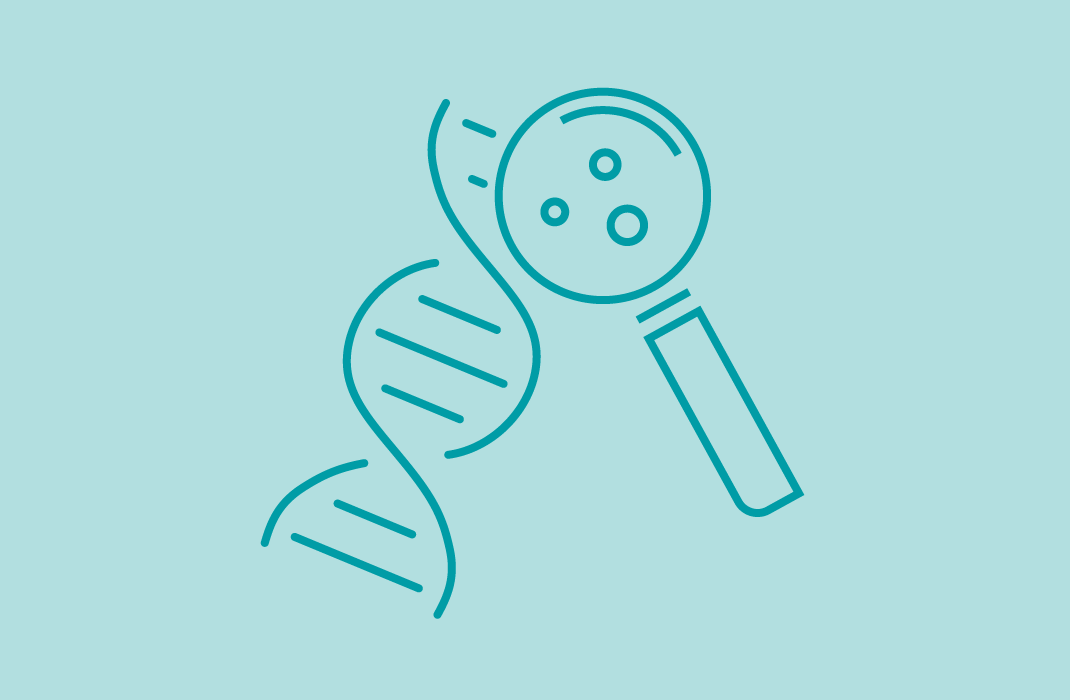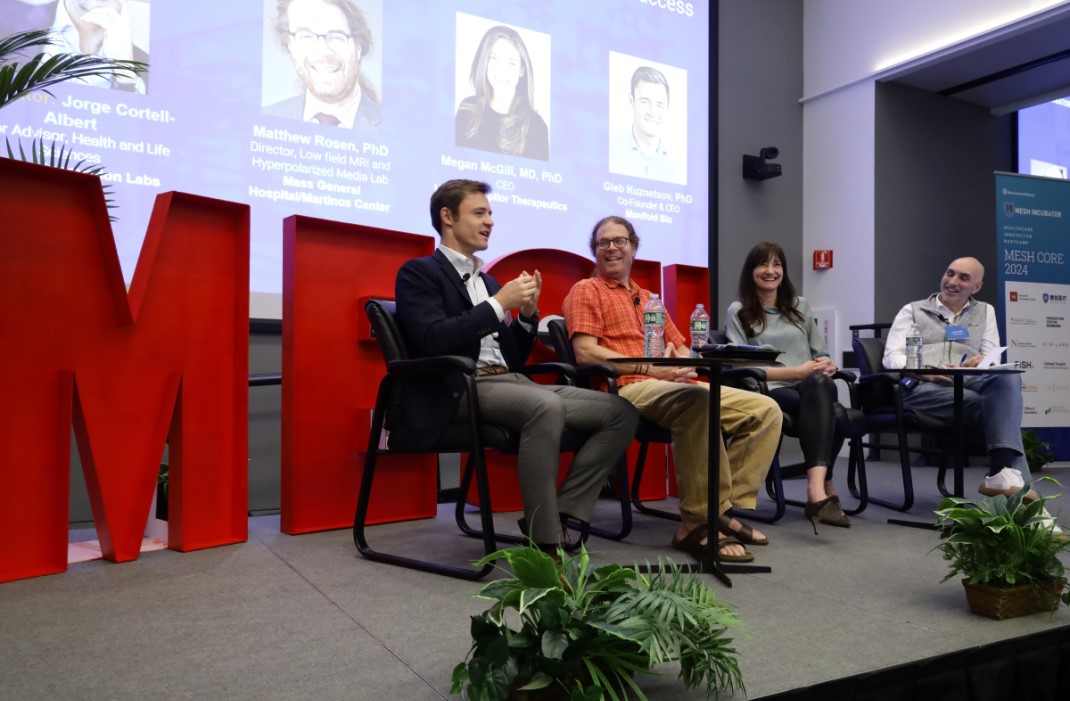-
- Find Care
-
- Visitor Information
- Find a Location
- Shuttles
- Visitor Policies
-
-
-
- Our Virtual Care Options
- Virtual Urgent Care
- Virtual Visits for Primary & Specialty Care
- Online Second Opinions
- Participate in Research
-
- Contact us
-
- For Innovators
- Commercialization Guide for Innovators
-
-
- Research News
- Alzheimer's Disease
- Artificial Intelligence
-
- Overview
-
- Overview
- Getting Started
- New to Mass General Brigham
- International Patient Services
- What Is Patient Gateway?
- Planning Your Visit
- Find a Doctor (opens link in new tab)
- Appointments
- Patient Resources
- Health & Wellness
- Flu, COVID-19, & RSV
- Billing & Insurance
- Financial Assistance
- Medicare and MassHealth ACOs
- Participate in Research
- Educational Resources
- Visitor Information
- Find a Location
- Shuttles
- Visitor Policies
- Find Care
-
- Overview
- Our Virtual Care Options
- Virtual Urgent Care
- Virtual Visits for Primary & Specialty Care
- Online Second Opinions
-
- Overview
- Participate in Research
-
- Overview
- About Innovation
- About
- Team
- News
- For Industry
- Venture Capital and Investments
- World Medical Innovation Forum (opens link in new tab)
- Featured Licensing Opportunities
- For Innovators
- Commercialization Guide for Innovators
- Contact us
-
- Overview
- Information for Researchers
- Compliance Office
- Research Cores
- Clinical Trials
- Advisory Services
- Featured Research
- Two Centuries of Breakthroughs
- Advances in Motion (opens link in new tab)
- Brigham on a Mission (opens link in new tab)
- Gene and Cell Therapy Institute
- Research News
- Alzheimer's Disease
- Artificial Intelligence
-
- Overview
-
- Overview
- Residency & fellowship programs
- Brigham and Women's Hospital
- Massachusetts General Hospital
- Mass Eye and Ear
- Newton-Wellesley Hospital
- Salem Hospital
- Integrated Mass General Brigham Programs
- Centers of Expertise
- Global & Community Health
- Health Policy & Management
- Healthcare Quality & Patient Safey
- Medical Education
- For trainees
- Prospective trainees
- Incoming trainees
- Current trainees
- Continuing Professional Development
Ten Projects Advance at 4th Annual MESH Innovation Teams’ ‘Problem Day’

Top finalists to enter year-long program guiding their innovations, aimed at enhancing patient care
It’s surely a misnomer because “Problem Day” is no problem, at least for the 10 teams (13 participants) that earlier this month succeeded in the annual competition to learn from the expertise of a multi-disciplinary team of scientists, engineers, and clinicians eager to help them launch their great idea for improving health care, medicine, or technology.
The year-long acceleration program is run by the Medically Engineered Solutions in Healthcare (MESH) Incubator, Mass General Brigham’s in-house acceleration and entrepreneurship center led by Marc Succi, MD, who is the founder and executive director, as well as strategic innovation leader for Mass General Brigham Innovation. Specifically, the MESH Innovation Teams’ division, including Managing Director Peter Choi and team members Marin Langlieb, Chris Bak, Judah Soray, and Anne Philip, leverages biodesign principles to translate scientific discovery to commercial viability.
The program allows Mass General Brigham investigators to pitch their proposed innovation projects on "Problem Day," when they explain a problem they’ve encountered in health care and explain how they could turn it around with their proposed project.
Of the 10 projects initially selected, less than half will go on to become finalists and enter the intensive year-long program of targeted coaching from the MESH Innovation teams board. They receive guidance and first-hand experience from Mass General Brigham innovators and others in further prototyping their innovations, assessing the market opportunity, protecting their intellectual property, and planning a business that will ultimately better patient care. Finalists gain exposure to generating health care innovations and creating companies in the complex medical environment with access to Harvard physicians, residents, faculty, experienced entrepreneurs, and venture capital networking.
MESH Innovation teams, along with members from Mass General Brigham Innovation, hold structured focused workshops throughout the year to aid in the process. MESH Core serves as the cornerstone bootcamp as the project teams get underway.
The ultimate goal is patenting innovations and/or forming start-up companies. To date, Innovation teams have helped form several companies, including one acquisition and >20x follow-on funding, as well as produced numerous intellectual property disclosures or patents.
This year, more than 20 projects across Mass General Brigham and Harvard were considered, the 13 were selected and of the 13; about 4 to 6 projects will advance to the finalist stage.
Seed or beginning funding is available to the investigators, which is partly from institutional funds.
Projects and investigators
Augmented reality-guided breast reconstruction surgery
Jayender Jagadeesan, PhD
A novel way of improving breast reconstruction to ensure symmetry between the two breasts (Brigham and Women’s Hospital)
WarfaRef
Stefan Lukianov, AM; Herriet Hsieh; Shreya Sangam, PhD; Julia Olsen
A digital health care application for warfarin management that links patient self-care to clinical support, helping patients to better manage their disease (Harvard)
A compact linear scanning X-ray system for intra-operative spinal surgery guidance
Kai Yang, PhD, DABR
A compact linear scanning X-ray system that will revolutionize surgery guidance and make spinal surgery safer (Massachusetts General Hospital)
Cockpit
A platform that provides a single clinical workflow experience across all digital therapeutics, with back-end sign-on, ordering and team care services, all within the EMR experience, paid for by the digital therapeutics company, with provision of the digital therapeutic software-as-a-medical device under the physician’s dispensing privilege (Newton-Wellesley Hospital)
Drug dilution device
Taylor Purvis, MD
A device that automatically calculates and performs medication dilutions, preventing errors and saving clinicians’ valuable time (Massachusetts General Hospital)
FIXUS
Soheil Ashkani-Esfahani, MD; Kelsey Detels, MS; and FARIL-SORG Collaborative Research Group
An AI-based, decision support tool that provides a smarter way of diagnosing and predicting orthopedic injuries (Massachusetts General Hospital)
Medical cast cutting device
Steven Criss
A quiet, calm, low-cost alternative to the standard cast saw, providing a more comfortable experience for patients (Harvard)
AI model for non-invasive detection and monitoring of anemia
Ritchie Verma, MD; Marko Velimirovic, MD, MMSc
A smartphone application that can diagnose and accurately monitor anemia over time by harnessing the power of artificial intelligence and a standard cell phone camera (Massachusetts General Hospital)
Intra-articular drug-delivery platform
Nicole Beck, DMD, MBA; Briana Burris, DDS; Joseph P. McCain, DDS, FACS
Innovating drug-delivery modalities in orthopedics via technology that allows for controlled delivery of therapeutics into a joint (Massachusetts General Hospital)
Democratizing proton therapy
Thomas Bortfeld, PhD; Susu Yan, PhD
A cost-effective solution to proton therapy that will enable more hospitals to offer this life-saving treatment (Massachusetts General Hospital)
For more information, contact Marc Succi.
Related news
-

published on
-

published on
-

published on
-

published on
-

published on
-
 The Medically Engineered Solutions in Healthcare (MESH) Incubator: A Case Study of Innovation “Push”
The Medically Engineered Solutions in Healthcare (MESH) Incubator: A Case Study of Innovation “Push”published on